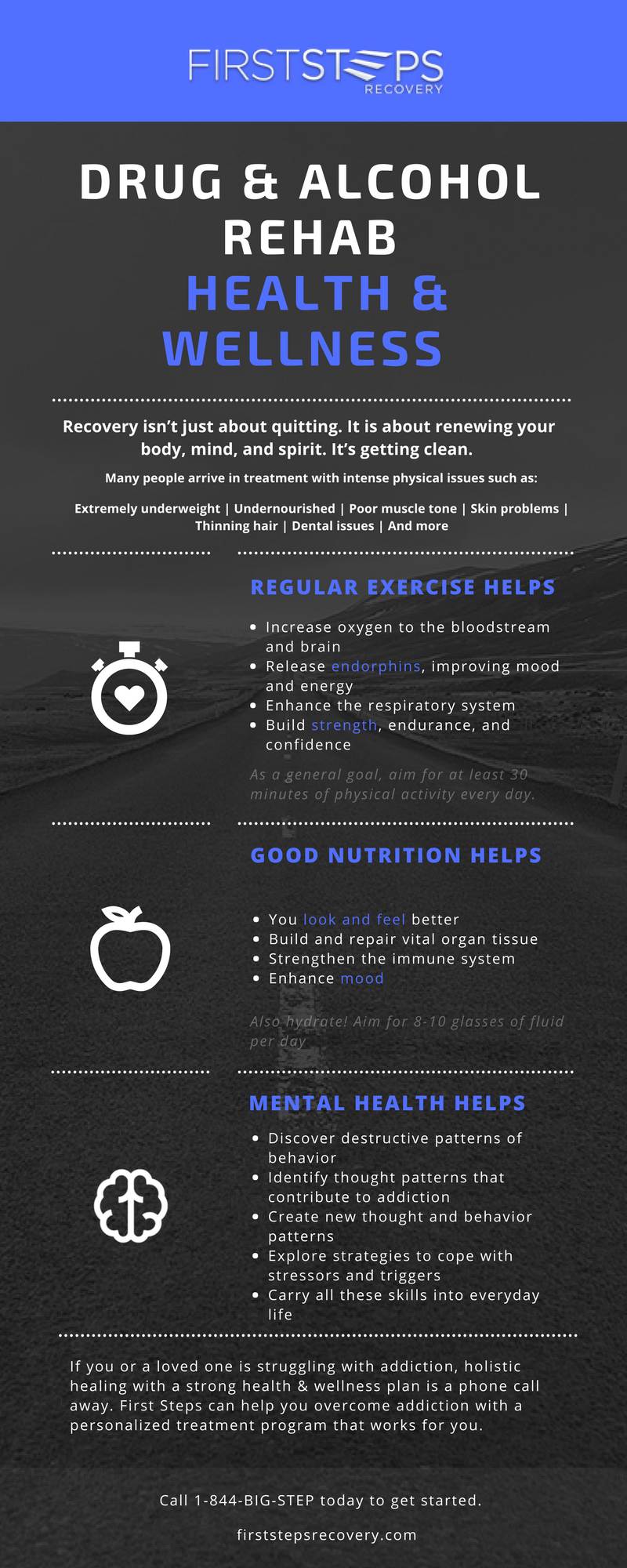Discover The Secrets To Creating A Thorough Aftercare Technique Following Drug Rehab And Lay The Structure For Sustained Success
Discover The Secrets To Creating A Thorough Aftercare Technique Following Drug Rehab And Lay The Structure For Sustained Success
Blog Article
Article By-Clarke Mcclain
You have actually finished drug rehabilitation, and currently it's time to create a successful aftercare plan to ensure your long-lasting recovery.
Picture this: you're an individual established to remain clean and construct a satisfying life. This post will certainly lead you through determining recurring support group, including treatment and therapy, and establishing healthy and balanced coping systems.
With these strategies, you'll be geared up to thrive in your journey of sobriety.
Let's get going.
Identifying Ongoing Support Equipments
You should identify at the very least three ongoing support systems to make sure a successful recovery after drug rehabilitation.
The first support group is your family and friends. They can give emotional support, support, and aid you stay accountable. They can additionally provide a secure and understanding environment where you can share your struggles and victories.
The second support group is your specialist or counselor. They can help you work through any type of underlying concerns that might have added to your dependency and offer assistance on how to stay clear of regression. They can also teach you coping systems and healthy and balanced means to take care of tension.
The 3rd support system is a support system or a sober neighborhood. Being bordered by others who are going through similar experiences can be extremely beneficial. They can provide a feeling of belonging, understanding, and offer beneficial guidance and assistance.
Incorporating Treatment and Therapy
To achieve a successful healing, it's important for you to proactively participate in therapy and counseling sessions, along with integrate them into your continuous support group. By doing so, you can maximize the advantages of these therapy methods and raise your chances of maintaining long-term sobriety.
Here are https://www.the-sun.com/health/4707526/signs-loved-one-addicted-cocaine-lottie-moss-battle/ including treatment and therapy into your aftercare strategy is essential:
- ** Emotional Support: ** Treatment and therapy give a risk-free room for you to share your thoughts, sensations, and has a hard time related to your dependency. It permits you to resolve any type of unsettled issues and create healthy and balanced coping devices.
- ** Fall back Prevention: ** These sessions furnish you with the essential devices and techniques to prevent relapse. They aid you determine triggers, establish dealing abilities, and establish a strong foundation for taking care of yearnings and stress.
- ** Personal Development: ** Therapy and counseling help with individual development and self-discovery. They help you gain understanding right into the underlying reasons for your dependency, enhance self-confidence, and create much healthier partnerships.
Developing Healthy Coping Mechanisms
Throughout therapy and therapy sessions, it's crucial to actively work with establishing healthy and balanced coping systems in order to properly handle anxiety and obstacles.
You require to recognize and understand your triggers, those points that cause you distress or anxiousness. By recognizing these triggers, you can develop approaches to deal with them in a healthy and balanced way. This might include practicing deep breathing exercises, taking part in physical activity, or locating an imaginative outlet to reveal your feelings.
WhiteSands alcohol rehab Tampa is essential to also border on your own with a solid support system of loved ones that can provide inspiration and guidance.
In addition, self-care tasks such as obtaining adequate sleep, eating well, and practicing relaxation techniques can greatly add to your general health.
Conclusion
In the trip towards healing, developing a successful aftercare strategy is like having a tendency to a delicate garden. Equally as a garden enthusiast nurtures each plant with care and focus, so too have to one grow ongoing support systems, incorporate treatment and counseling, and develop healthy and balanced coping systems.
By doing so, the seeds of recuperation will certainly blossom into a flourishing yard, giving a solid foundation for a brighter, drug-free future.
